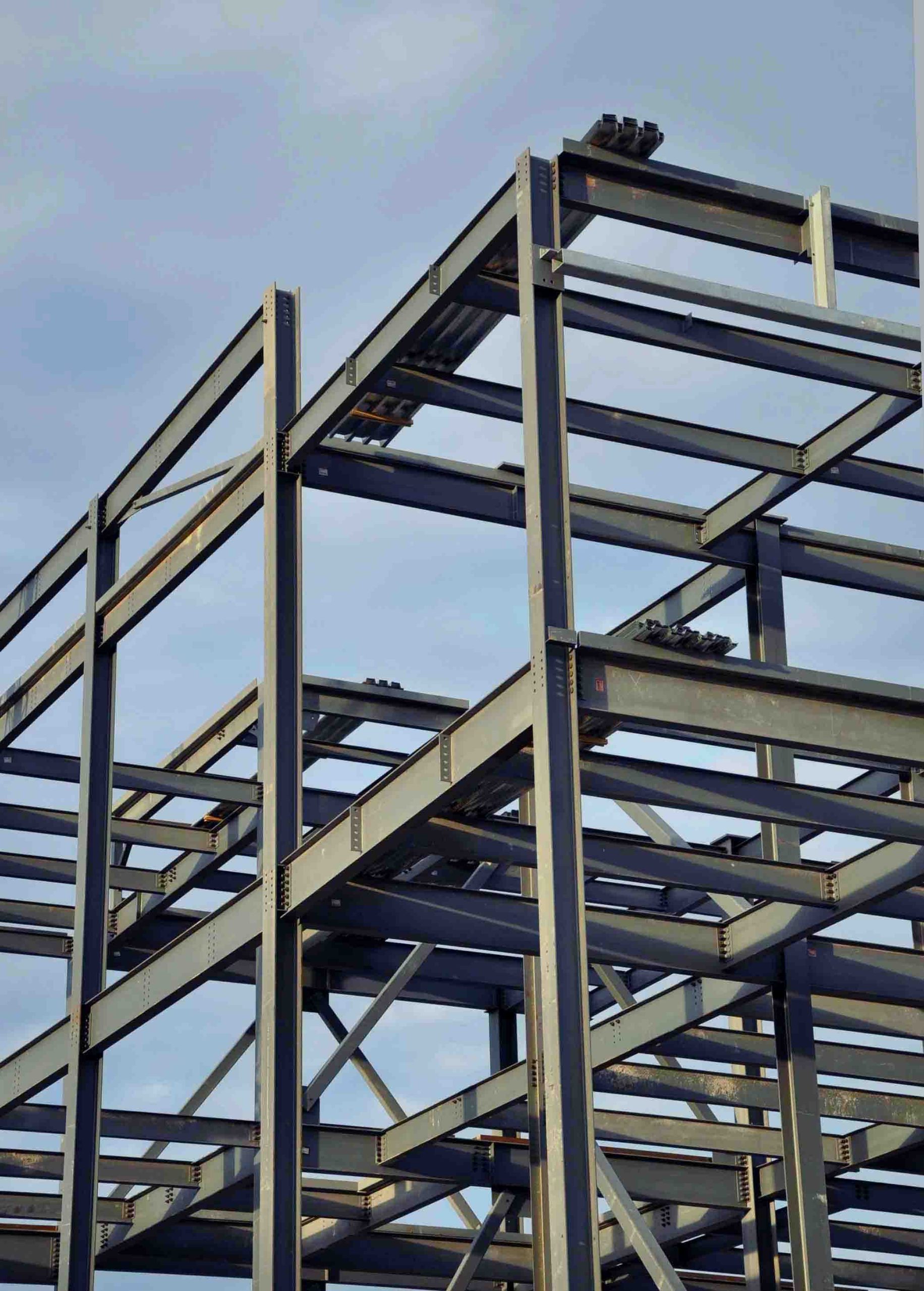Sources: American Institute of Steel Construction, Chicago; CP staff
The American Institute of Steel Construction’s new “Buy Clean Guidance for Structural Steel Products” informs federal, state and local policymakers of the load-bearing solutions that mills, fabricators and contractors bring to sustainable design. By navigating steel industry intricacies, it helps users take full advantage of the structural product supply chain, accurately determine embodied carbon factors, and make informed decisions based on evaluation of all structural solutions on an apples-to-apples basis.

“American hot-rolled structural steel is precisely the sort of material that Buy Clean legislation is intended to promote,” says AISC Director of Government Relations and Sustainability Max Puchtel, SE, PE. “AISC has helped policymakers craft smart and informed Buy Clean policies since 2017, and we’re proud to continue to serve as the leading expert resource for lawmakers. We support Buy Clean policies that weigh structural materials equally.”
To that end, AISC underscores how all major structural materials or products exhibit environmental impact at the same order of magnitude. “By mistakenly perceiving some [solutions] as ‘high impact’ and others ‘low impact,’ a Buy Clean policy would not only be discriminatory in the marketplace but also fail to fully achieve embodied carbon reduction goals,” the new Institute guidance states. “Any product that provides a similar function in a building system should be included in a list of eligible materials.” Such a list would encompass structural or sheet steel; reinforcing steel; cast-in-place or precast concrete; clay or concrete masonry; and, dimensional lumber or mass timber. — www.aisc.org/buyc
Related articles
Steel interests salute feds’ low-carbon construction material pursuits
Steelmakers’ carbon emissions study template suits cement counterparts